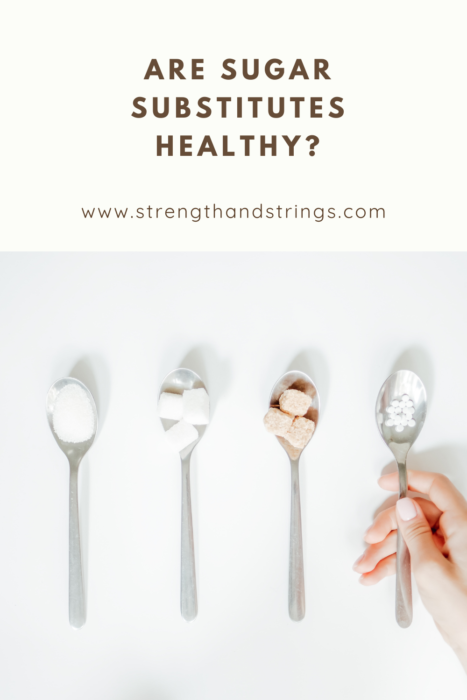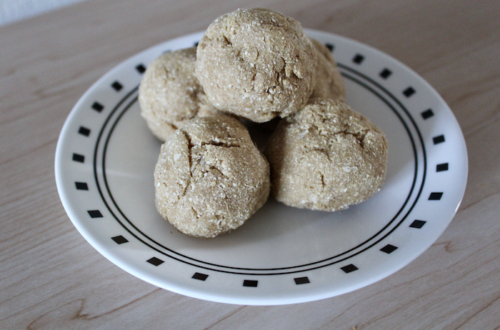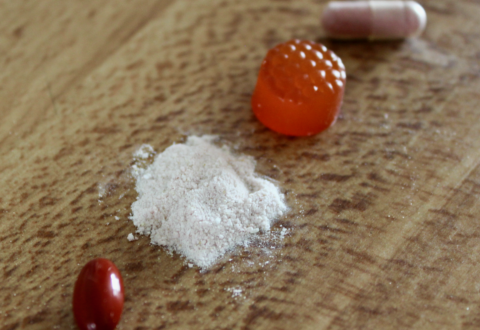
Are sugar substitutes healthy? Here is the research.
Based on what we already know about sugar and its effects on the body, you might consider including sugar substitutes in your diet, whether it is in your prepackaged foods or in your baking.
With the increase of diagnoses of chronic diseases such as obesity and diabetes as well as more educated consumers, there is an increased demand for reduced sugar or sugar free foods and beverages.
When I started my wellness journey and started making changes in my diet, one of the first things I did was reduce the amount of sugar in my diet. During my first bodybuilding competition prep, I used sugar substitutes and sugar-free foods to cut calories in order to enjoy my favorite foods. Some of these foods became staples in my diet.
But are sugar substitutes healthy?
After doing some research, I found mixed results. Some sources said they were fine and can help with weight loss. other sources stated that they can cause cancer and damage your gut. Are they healthy or not?
To discover the answer for yourself, continue reading to learn more about sugar substitutes and determine if you think they are safe to use in your diet.
What are sugar substitutes?
Sugar substitutes, or artificial sweeteners, are “chemical and plant-based substances used to sweeten or enhance the flavor of foods and drinks” (familydoctor.org). Essentially, artificial sweeteners are designed to mimic the molecules of natural sugars, creating a similar response to your tastebuds.
However, sugar substitutes are several times sweeter than regular sugar, meaning a smaller amount of the product is needed to provide the same level of sweetness. Since you need a smaller amount of the sweetener to create the desired taste, little to no calories are consumed.
Sugar substitutes are regulated as food additives by the United States Food and Drug Administration (FDA) and approved sweeteners have been determined to be “generally recognized as safe” (GRAS) for consumption.
Examples of artificial sweeteners
Here is a list of the most common sweeteners approved for use in the United States:
- Acesulfame K (Sunett and Sweet One)
- Advantame
- Aspartame (Equal and Nutrasweet)
- Neotame (Newtame)
- Saccharin (Sweet ‘N Low and Sweet Twin)
- Sucralose (Splenda)
Pros and cons
Here are the pros and cons of using sugar substitutes:
Pros
- reduced calorie count
- lower consumption of added sugars in your diet
- less impact on your blood sugar
- may help with short-term weight loss
- better dental health (do not contribute to acid production)
Cons
- negative side effects on the digestive system (e.g. bloating)
- increased appetite
- altered taste of foods
What about stevia and monk fruit?
Although stevia and monk fruit are natural substances, the extracts from these plants are often combined with other sweeteners like erythritol.
If you want to use the natural version, be sure to read the labels before purchasing.
My experience using these products
Personally, I consume moderate amounts of artificial sweeteners on a daily basis. I put stevia in my coffee and greek yogurt and use sugar-free condiments like syrup and barbecue sauce. My protein powders and bars also contain various sweeteners. Occasionally, I drink diet soda and sugar-free beverages.
However, I have found that my digestive system becomes irregular when I consume too many sugar-free beverages within a week. To prevent the issue, I limit myself to one to two beverages a week.
Summary
Although the long-term effects are inconclusive, sugar substitutes may help if you are trying to reduce the amount of added sugars in your diet or want to reduce calorie consumption without giving up your favorite foods. Individuals with chronic conditions such as diabetes should consult their doctors before use.
Do you use sugar substitutes in your diet?





